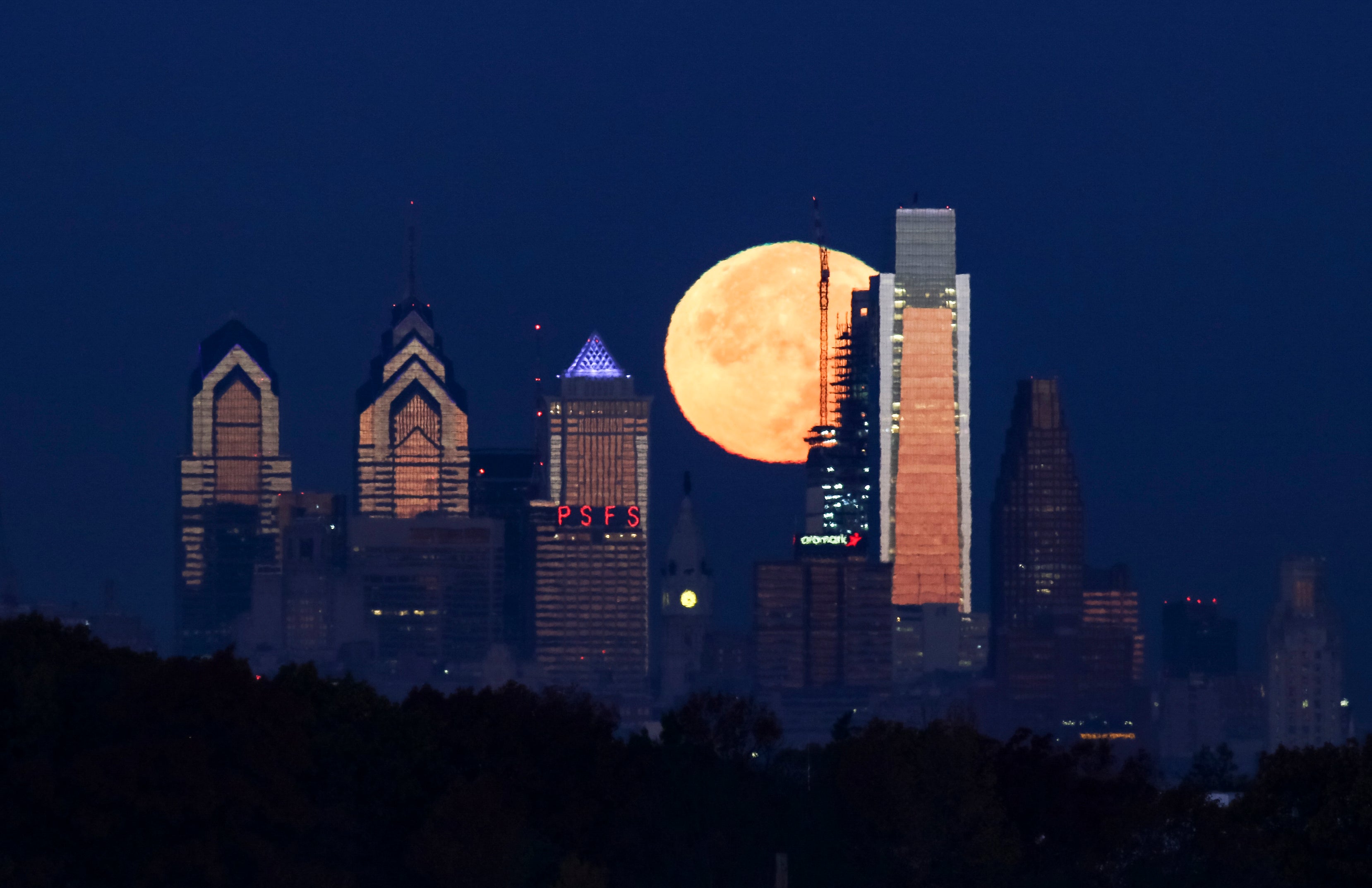


Whether you clean up trash or go lights out, chances are your efforts will multiply exponentially. I pick up anything I find,” Gallitano said. “Lots of birds can get it wrapped around their foot or wing or eat it. Gallitano says there are other little things we can all do in the meantime to protect birds, like picking up litter. The one way that we can help and save money, I might mention, is to turn off lights,” Gallitano said. “Birds migrate based on magnetic direction and all the electronics that we have and all the electricity in cities now is really disrupting those patterns so it's creating a lot of problems for them. If you can’t turn off your indoor lights, closing your blinds or curtains will also help protect birds during migration. In order to protect birds, Audubon Societies asks people and cities to go “lights out.”Īll you have to do is turn off your lights, specifically outdoor lighting, from 11 p.m. We know that several billion birds hit built infrastructure and don't survive,” Gallitano said. “They see a light, they might see the reflection of a tree and they think they can fly through a window. Gallitano says migrating birds face one specific threat, especially at night. Gallitano is a volunteer with the Wake Audubon Society and she’s worried birds will become even harder to find as their homes disappear and are replaced with buildings. If you can’t turn off your indoor lights, closing blinds or curtains will also helpĪfter four decades of bird watching, Lena Gallitano has learned a thing or two. The Wake Audubon Society is encouraging people to turn off excess lighting, specifically outdoors, during migration.Window collisions kill up to one billion birds each year.Birds can become disoriented by bright artificial lights and fly into windows or buildings.The majority of migrating birds fly at night between March 15 and May 31, and September 10 through November 30.


 0 kommentar(er)
0 kommentar(er)
